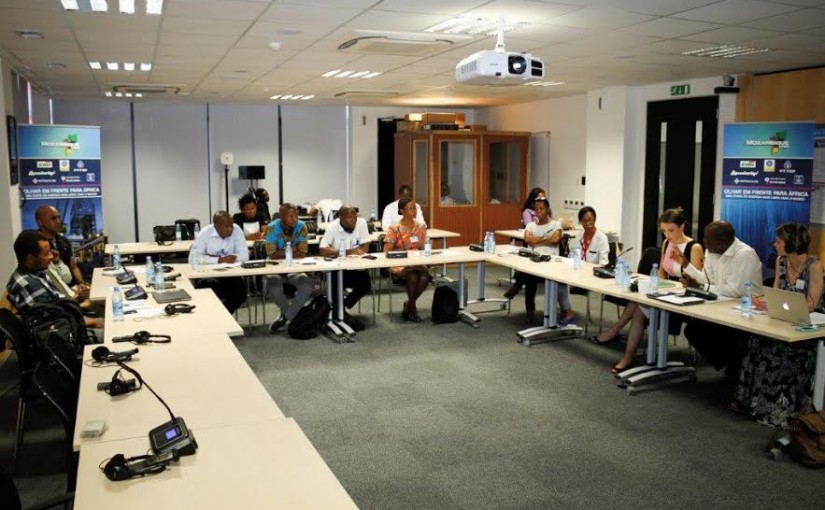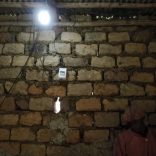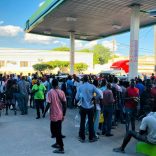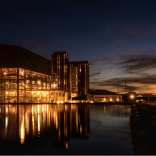Mozambique: Over 17,000 without electricity in Gorongosa after uncontrolled fires destroy power ...
Palma resettlement – Anadarko backs dialogue and inclusion of civil society – Mozambique

Anadarko Moçambique
Anadarko Moçambique Area 1 (AMA1) is advocating constructive dialogue and common goals with regard to meeting the needs of the communities involved in the resettlement process engendered by the construction of the liquefied natural gas plant in Palma, Cabo Delgado.
The consortium’s views were aired during meeting held last Thursday (December 8) in Maputo, promoted by the North American oil company under the motto ‘Engagement With Civil Society’, where 11 non-governmental organisations were represented.
These meetings are held on a periodic basis as a space for dialogue between all stakeholders in the Anadarko resettlement process in Palma.
During the meeting, the Anadarko representatives presented the current state of company activities in the resettlement process context relating to meetings with stakeholders in Maputo, Cabo Delgado and Palma.
Anadarko has a team of liaison officers who interact with communities so they are not mere spectators but actively participate in the decision-making process. Community Resettlement Committees, consisting of about 15 members, have been established in villages directly affected by the project on the Afungi peninsula, namely Quitupo, Senga, Maganja, Palma-sede and Mondlane.
According to Anadarko’s Social and Community Affairs Manager, Pedro Wate, the firm has already met with the Civil Society Platform in Palma and it was agreed that there would be meetings between the parties every two months. “These meetings enable civil society organisations to have timely access to project information and prepare for future action,” he said.
Anadarko also has a complaint management system to monitor and respond to community concerns in a timely manner.
Alda Salomao of the Centro Terra Viva, one of the organisations present at the meeting, who said that she has been monitoring the project’s licensing process since 2012, recognises that there were difficult moments, but says that it was possible to perceive an evolution and recognise that “differences of opinion do not mean that we cannot work together. In fact, where there are differences of opinion, it is important that we come closer to realise where the consensus is. This project demands that stability”.
Humberto Ussumane, representative of IBIS, a Danish non-governmental organisation, said it was possible that the resettlement process in Palma would turn out a success story. “Anadarko is trying to do what it can and it is creditworthy. Now the next step for us as representatives of civil society is to oversee the process and check that what is in fact being done is what was agreed upon,” he added.
For Anadarko’s Director for Stakeholders and Social Affairs, Alexandre Jossias, this project will completely change the country, and the importance of these meetings lies precisely in the combination of constructive ideas that can ensure the well-being of the communities and make this resettlement process a success story.
Sekelekani Program Officer Palmira Velasco shares the same opinion, saying that it is important to reach a common understanding on the resettlement processes, in general, so that this project has fewer setbacks than previous experiences.













Leave a Reply
Be the First to Comment!
You must be logged in to post a comment.
You must be logged in to post a comment.